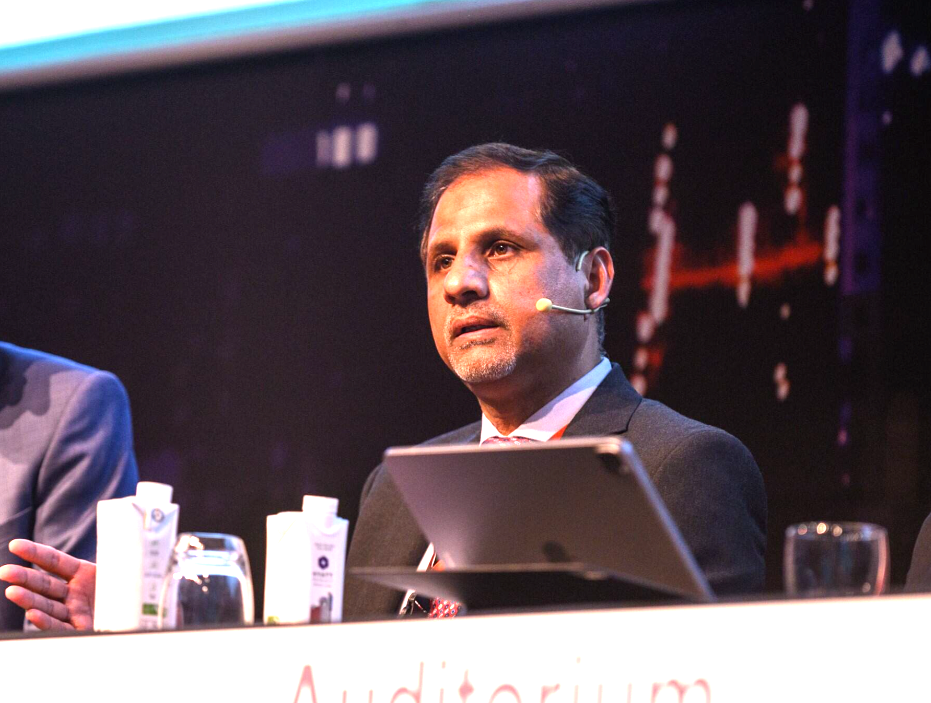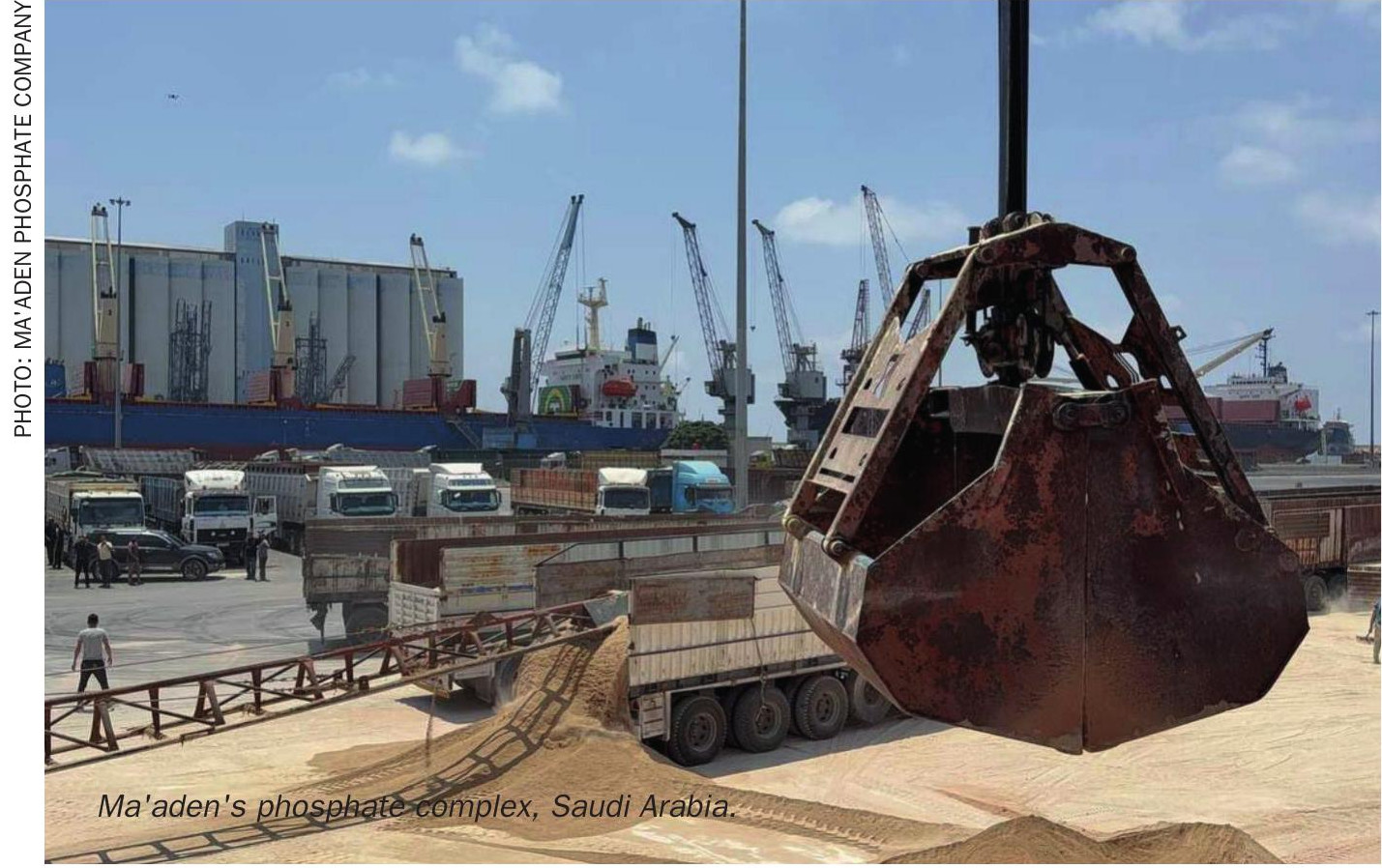Fertilizer International 526 May-Jun 2025

2 May 2025
The future of food
Guest Editorial
The future of food
Alzbeta Klein, CEO and Director General of the International Fertilizer Association (IFA), sets the scene for IFA’s Annual Conference in Monaco, 12-14 May.

As we approach the 2025 IFA Annual Conference, I once again find myself reflecting on the rapidly changing world around us, and the impact of these changes on our industry. The theme we have chosen for this year’s Annual Conference, Investing in the Future of Food, couldn’t be more timely or relevant – as we continue to work together to overcome challenges such as geopolitical realignments, shifting consumer demands, environmental imperatives and technological disruptions. Yet, within these challenges lie immense opportunities for innovation and growth.
IFA 2025 Annual Conference will delve into the heart of these issues.
Securing food for all
We’ll explore how What we eat is about to change, for example, examining the forces that are reshaping our food systems. From the protein transition to evolving consumer behaviours, we’re witnessing a transformation in global agriculture. As an industry, we must not only adapt to this change but demonstrate leadership and innovative thinking.
The conference session on Farming 4.0 will be particularly important. We’ll investigate how digital technologies are revolutionising agriculture, from AI-driven precision farming to blockchain-enabled supply chains. This isn’t just about exciting new gadgets; it’s about fundamentally reimagining how we produce food and manage precious resources. I am excited to be part of these discussions and proud to convene our industry to resolve some of the most pressing issues of our time.
Food security continues to loom large over our discussions, particularly as the global population is projected to reach nearly 10 billion by 2050. Meeting the growing demand for food will require consideration of the entire agri-food system and value chain. The fertilizer industry is uniquely positioned to play a leading role in this transformation, ensuring that agricultural productivity keeps pace with population growth, while addressing critical issues such as nature protection and water management. To secure food for all, we must rethink how food is grown, transported, processed, and consumed. This requires not only technological innovation but also systemic changes that prioritise resilience.
AI and young leaders – the shape of things to come
As with many of IFA’s recent conferences, artificial intelligence will be a major focus of this year’s event. We’ll examine how AI can optimise production, deliver precise fertilizer recommendations, accelerate R&D and explore the ethical questions it raises.
Building on those discussions, our most exciting Young Leaders Session will turn to the human side of innovation. Because technology alone cannot drive change, we’ll explore how to attract, empower and retain the brightest minds whose energy and ideas bring AI’s promise to life and keep our sector future-ready.
Whatever next?
As we look to the future, several key themes emerge:
• Technology will continue to reshape agriculture. From AI applications to precision farming, we must be at the forefront of these innovations.
• Consumer demands are evolving rapidly. Understanding and responding to these changes is crucial for our industry’s relevance.
• Collaboration is key. The challenges we face are too complex for any one company or sector to solve alone. We must foster partnerships across the agricultural value chain.
• Talent development is critical. Attracting and nurturing the next generation of leaders will determine our industry’s long-term success.
• Sustainability solutions continue to be the cornerstone of our industry’s future.
From input providers to partners
We have the knowledge and the resources to back our responsibility to drive meaningful change in global agriculture. We must move from mere input providers to true partners in sustainable food production. We must invest in fresh thinking, innovate to meet sustainability challenges and empower the next generation of leaders to reimagine the future of agriculture and food production. The challenges are significant, but so are the opportunities.
A call to action
As we gather for this year’s Annual Conference, I would like to challenge each of you attending the event to think boldly about our industry’s future. How can we contribute to a more resilient global food system? How can we leverage our expertise to address the pressing challenges of our time?
The 2025 IFA Annual Conference is a call to action. It’s an opportunity to shape the future of agriculture and food production. Let’s seize this moment, invest in the future of food, and create an industry that not only adapts to change but drives it. Together, we can nourish the planet and power the future. I look forward to engaging in these critical discussions with you in Monaco.






